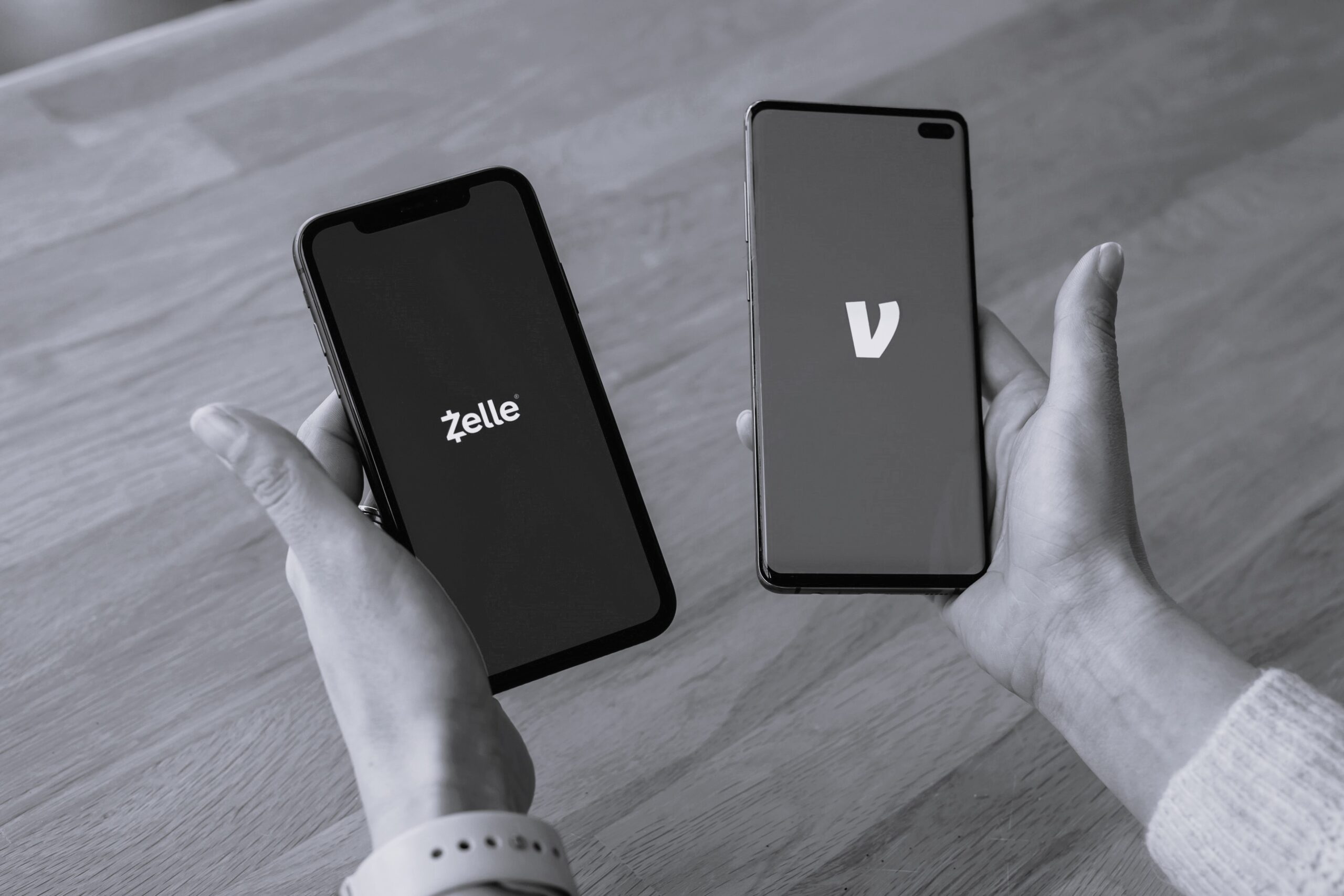Form 1099-K Implementation for E-Commerce Platforms Delayed for 2023

Under a new federal law enacted in 2021 (the “American Rescue Plan” or the “New Law”), Venmo, Pay Pal, Cash App, Etsy, eBay and other e-commerce platforms are now required to send individual users income tax Form 1099-K for business transactions over $600 that take place on their platform. While this requirement is aimed at business transactions, if a user of an e-commerce platform does not properly classify a transaction as personal, they could be issued a Form 1099-K and be expected to pay income tax on the money received in that transaction.
These new requirements were supposed to go into effect for 2023. However, the IRS has delayed the implementation of the lower Form 1099-K threshold for e-commerce platforms until 2024. Under the IRS’ new guidance, Form 1099-Ks will be issued in 2025 for business transactions totaling more than $5,000 in 2024. The increase to $5,000 is an effort by the IRS to facilitate a smoother transition to the $600 reporting threshold.
What is the reason for the delay?
In response to much criticism and concern about the lowered threshold for reporting on Form 1099-Ks, the IRS is instead looking to phase-in the $600 threshold by gradually lowering the threshold amount first from $20,000 to $5,000.
What is Form 1099-K?
Form 1099-K is an annual report of payment received by an individual from payment cards (credit, debit or stored value cards such as gift cards) and payment apps or online marketplaces (Venmo, etc.). The individual receiving the Form 1099-K is expected to pay income tax on the reported amount. Because e-commerce platforms act as intermediaries for business transactions, the IRS requires these providers to track income earned by individuals and issue a Form 1099-K for that amount.
What are the new Form 1099-K requirements?
Prior to the enactment of the American Rescue Plan, the previous threshold for issuance of a Form 1099-K was 200+ transactions per year in excess of $20,000. The New Law provides for a mere $600 threshold to issue Form 1099-K, which will create a potential tax exposure for many more users if payments are not correctly classified.
With the delay, the $20,000 threshold will remain in place for 2023. However, 2025 will see companies being required to issue Form 1099-K for users whose business transactions are more than $5,000 in 2024. The $600 threshold will then be implemented in 2025, although Congress is making some efforts to permanently increase the $600 threshold through legislation and have until the end of 2025 to do so.
The new guidelines also include that if a user is unable to confirm their taxpayer status, the e-commerce platform must withhold a portion of that user’s payments to be sent to the IRS for potential income tax due.
What is the purpose of the New Law?
The New Law is a mechanism for the IRS to capture unreported income on e-commerce platforms now that more people engage in freelance work utilizing these platforms for payment.
The new threshold is not meant to capture personal transactions, such as gifts to friends and family members, however, when it comes time for third party payment providers to categorize the transactions on its platform, any transactions not correctly identified may trigger a Form 1099-K.
How can I comply with the New Law?
Some tips to protect yourself from an unwarranted Form 1099-K include:
- Create and maintain a separate account for business transactions and one for personal transactions.
- Check whether you can indicate on the payment platform whether transactions are personal expenses v. business transactions.
- Confirm whether your State also has a reporting threshold for these types of transactions – for example, Massachusetts, Vermont, Virginia, and Maryland have their own reporting requirements and state income tax may be owed.
No aspect of this advertisement has been approved by the highest court in any state.
Results may vary depending on your particular facts and legal circumstances.
Join Our Mailing List
Stay up to date with the latest insights, events, and more




